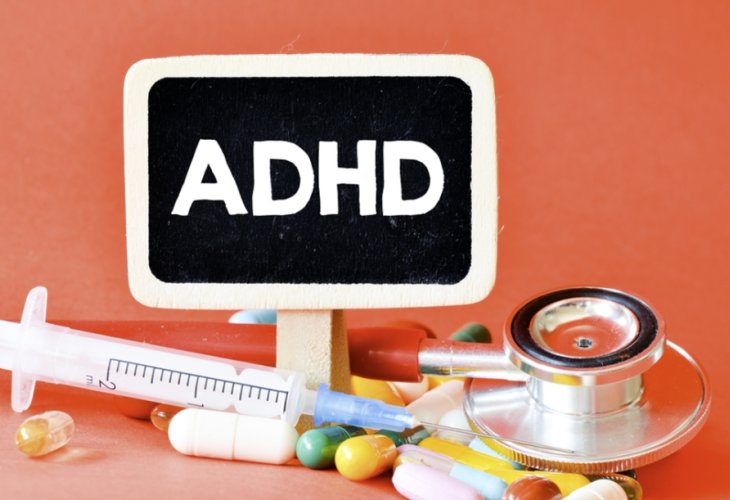New Study: ADHD Medications Reduce Substance and Alcohol Addiction Risk
A new American study finds that drug and alcohol use is less common among individuals with ADHD who receive medication.
 (Photo: shutterstock)
(Photo: shutterstock)Teenagers and adults with ADHD who are treated with medication are at a lower risk of developing drug or alcohol addiction, according to a new study from Indiana University.
The researchers examined data on three million Americans diagnosed with ADHD. Among those who took ADHD medications, such as Ritalin, Adderall, and Strattera, rates of drug and alcohol addiction were 35% lower in men and 31% lower in women compared to their counterparts with ADHD who did not receive medication.
This research adds to a series of studies demonstrating that medicinal treatment for ADHD helps reduce the risk of negative outcomes associated with the condition.
"The study provides further evidence that using ADHD medications is not associated with a higher risk of drug use or alcohol addiction during adolescence or adulthood," the researchers state. "In fact, this study and similar ones have found that the risk of such problems is lower during periods of medicinal treatment, and even afterward."
Overall, adults with ADHD are at a higher risk of developing drug or alcohol addiction compared to the general population. Researchers suggest this tendency may be a subconscious attempt at 'self-medicating' to gain control over ADHD symptoms. Therefore, it is assumed that medicinal treatment, as evidenced by the Indiana University study, reduces the need for 'self-medication,' thereby lowering drug and alcohol consumption rates.

